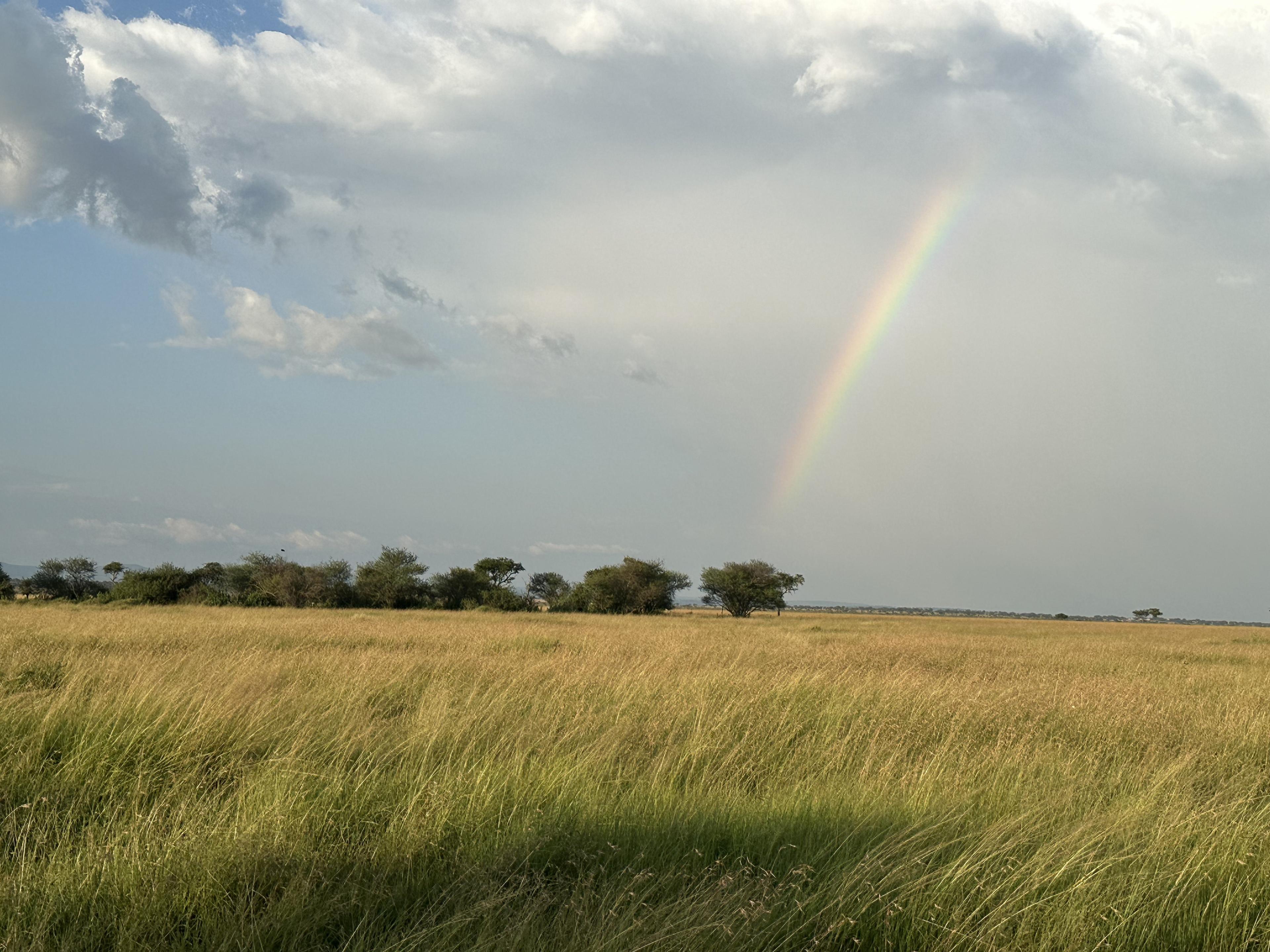Feeling terrified and completely alone, I started to cry. The noise caused the woman to look up at me. Without a word, she put her basket down and approached me. She held my hand in an effort to comfort me, but when I continued to cry, she started to hug me tightly. Her empathy and compassion transcended all of our obvious differences and she stepped in without hesitation—an act of true kindness that I will never forget. We never spoke, but wrapped in her embrace I eventually drifted off to sleep. When I woke up, there was an IV in my arm and a member of my group was asleep in a chair next to me, but the man in the cot and the woman weaving her basket were gone. I think of the woman in my room often; how badly I wish I could see her again to thank her and to explain the profound impact she has had in my life. I stayed in the hospital for two days and there was a constant flow of visitors in my room—it seemed as though anyone I had even waved to on the street came to check on me. When I heard “Umuzungu?” outside my room, I knew to expect another well-wisher. Not only was I amazed by their visits, but I was even more astonished when I was presented with containers of rice, picked flowers, sheets of paper, urwagwa (fermented banana juice) and other tokens. I knew that food and time were both incredibly precious, and I couldn’t believe that members of the community chose to share both with me. We spoke in a jumbled mess of French, English and Kinyarwanda, but words would have failed me anyway. Somehow, sitting in a dirt-floor hospital in a small rural town in Africa and surrounded by strangers, I felt safe.In many ways, this set the tone for the rest of my trip. I left the hospital eager to learn and experience as much as I could. As I traveled around the country over the following weeks, I had the opportunity to explore the complex history of the country —a dichotomy of the worst and most horrendous side of humanity, but also one of resilience and forgiveness. It was truly remarkable to get a glimpse of the ways the country and its people were working together to rebuild and I often lean on these memories for perspective and strength.Though my expectations for this trip couldn’t have been farther off, the reality blew them out of the water. I could go on about everything that I learned and have come to believe, but here are just a few. I believe that deeply meaningful experiences can come when you least expect them. I believe that when you are open to new people, places and cultures, they have an immense power to change you. We are shaped by our journeys.”



